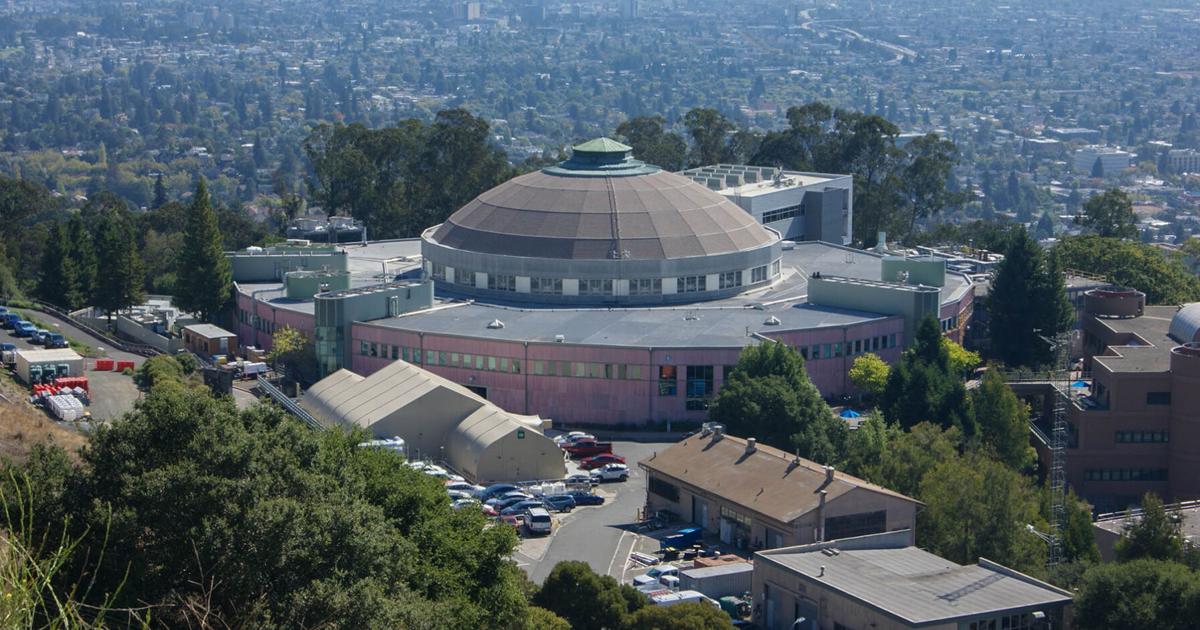The Lawrence Berkeley National Laboratory received $125 million to be disbursed over five years for its Quantum Systems Accelerator, or QSA, announced Tuesday in a Berkeley Lab press release.
The QSA is one of five National Quantum Information Science Research Centers that the Department of Energy renewed funding for, all of which were established in 2020. In the QSA’s last five-year grant, it received $115 million.The QSA is the only National Quantum Information Science Research Center on the west coast.
The QSA builds quantum technologies and computing prototypes to develop quantum information science, according to the Berkeley Lab website. QSA Director Bert de Jong added that it typically undertakes projects too risky or innovative for the private sector.
“We are building prototypes, that’s what [we] do. They’re not building a system that a commercial entity will make,” de Jong said.
Over the next five years, the QSA hopes to conduct simulations of scientific problems regular computers cannot, such as understanding what happens with extremely hot gasses, de Jong said. It has set a target to achieve 1,000 times greater performance on its quantum computers by 2030.
Due to the early and innovative research of the QSA, it collaborates with quantum computing companies such as Atom Computing, QuantinuumandIonQ, who do not have the funding to do the long-term, risky research the QSA does, according to de Jong.
“Quantum information science and technology promises to deliver transformative solutions for the nation’s most critical scientific and energy challenges. QSA will help realize this future by co-designing the algorithms, devices, and engineering innovations that will make quantum solutions possible,” said Carol Burns, deputy lab director for research at Berkeley Lab, in a press release.
For high school students and teachers, the QSA helps host QCaMP, standing for Quantum, Computing, Mathematics, & Physics, to teach about computing fundamentals, quantum physics and novel approaches to computing problems. De Jong noted the QSA also does outreach to community colleges, as many technician roles are crucial and require an associate’s degree.
On Oct. 3, Gov. Gavin Newsom signed two bills focused on quantum computing, one establishing the Fusion Research and Development Innovation Initiative and the other developing plans for strategic industries identified in the California Jobs First State Economic Blueprint, with special focus on quantum technology.
“The bill that Newsom signed is a starting point. They are directing the state to come up (with) a comprehensive plan to become a leader in quantum,” de Jong said. “It has been a process of a couple of years already to get the state to reposition and we hope that this can grow into a similar program, (to) what other states have done right now.”
Other states have also invested into quantum research, with Maryland investing $1 billion and Illinois $500 million.
As of press time, the government shutdown has not affected Berkeley Lab and no closure deadlines have been set, though other labs have received closure deadlines, according to de Jong.

